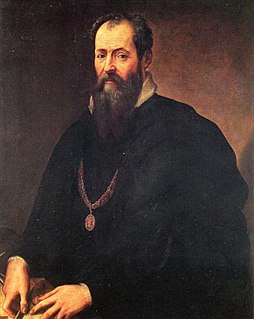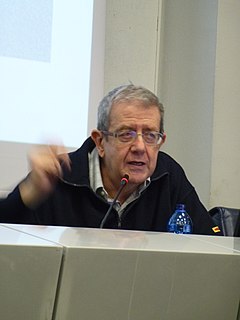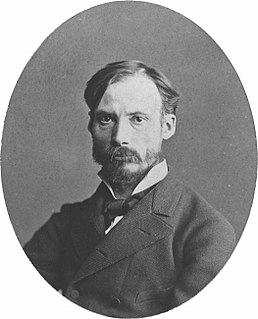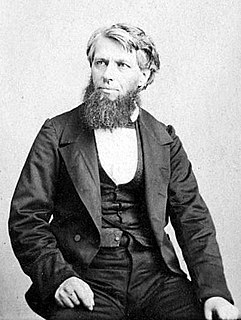A Quote by Giorgio Vasari
Leonardo da Vinci was a man of regal spirit and tremendous breadth of mind; and his name became so famous that not only was he esteemed during his lifetime, but his reputation endured and became even greater after his death.
Related Quotes
Leonardo da Vinci, one of the greatest creative thinkers of all time, strongly recommended the habit of meditation in the dark. He wrote: "For I have found in my own experience that it is of no small benefit, when you lie in bed in the dark, to recall in imagination, one after another, the outlines of the form you have been studying." He often awoke to find his problems solved. Da Vinci would often stand silent and motionless before a painting for hours, without using his brush, as though waiting for spiritual guidance.
Indeed, the great Leonardo (da Vinci) remained like a child for the whole of his life in more than one way. It is said that all great men are bound to retain some infantile part. Even as an adult he continued to play, and this was another reason why he often appeared uncanny and incomprehensible to his contemporaries.
Can you imagine being Leonardo Da Vinci in the 1400s trying to describe his ideas for machines that would allow humans to fly to the average person of his time? This is hundreds of years before the invention of electricity, the internal combustion engine, and many other things we take for granted today.
Leonardo da Vinci had such a playful curiosity. If you read his notebooks, you'll see he's curious about what the tongue of a woodpecker looks like, but also why the sky is blue, or how an emotion forms on somebody's lips. He understood the beauty of everything. I've admired Leonardo my whole life, both as a kid who loved engineering - he was one of the coolest engineers in history - and then as a college student, when I travelled to see his notebooks and paintings.
Everything necessary to understand my grandfather lies between two stories: the story of the tiger’s wife, and the story of the deathless man. These stories run like secret rivers through all the other stories of his life – of my grandfather’s days in the army; his great love for my grandmother; the years he spent as a surgeon and a tyrant of the University. One, which I learned after his death, is the story of how my grandfather became a man; the other, which he told to me, is of how he became a child again.
A child in his earliest years, when he is only two or a little more, is capable of tremendous achievements simply through his unconscious power of absorption, though he is himself still immobile. After the age of three he is able to acquire a great number of concepts through his own efforts in exploring his surroundings. In this period he lays hold of things through his own activity and assimilates them into his mind.







































